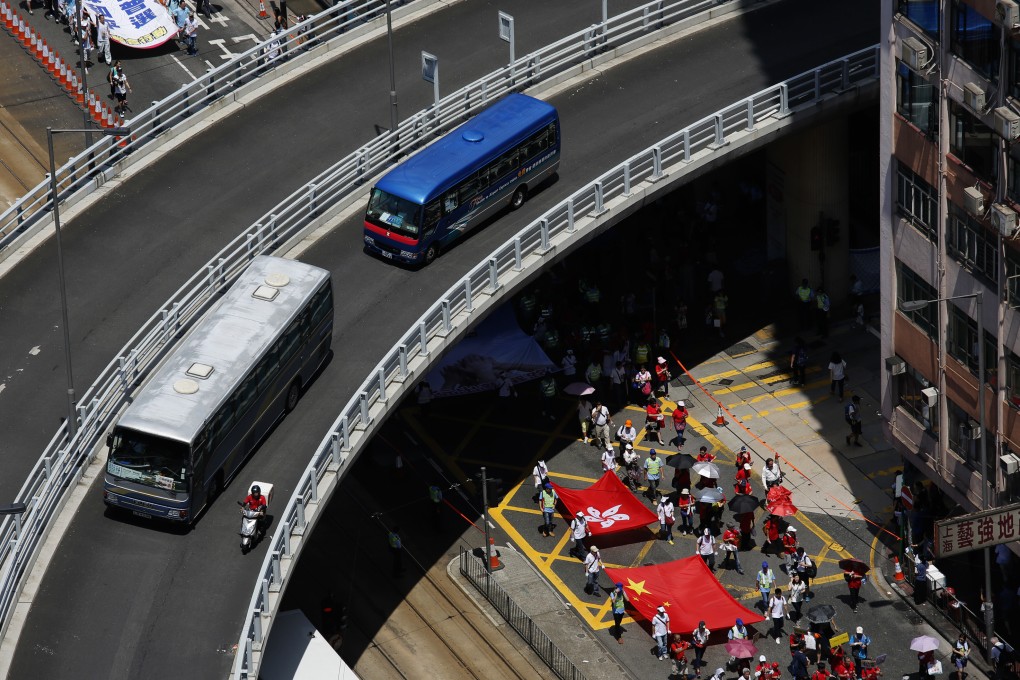Anti-Occupy movement to blame for polarisation in Hong Kong
Evan Fowler says organisation of its petition and rally shows it seeks neither to engage nor educate

I recently caught up with an old friend who has spent the past four years in Shanghai. He and his family have relocated back to Hong Kong for work. "Hong Kong is not the same city we left," he said. "There's been a fundamental change."
When I asked him what he meant, he told me how, over a family dinner, his brother-in-law had received an email from work ordering him to sign a petition. If he did not, the email threatened, he would lose his job. He signed the petition.
"No one at dinner seemed bothered by what was said," my friend said. "This is not the Hong Kong I know."
The petition he was asked to sign is being run by the Alliance for Peace and Democracy. They choose not to engage an independent organisation to design, run or verify the poll. There is no mechanism to prevent double counting. Children and non-Hong Kong residents can and have been encouraged to sign.
Indeed, when a volunteer was videoed signing the petition twice in front of Robert Chow Yung, the leader of the alliance, his response was first to ask whether it had been caught on camera. When told that it had, he told the journalists present to "well, go write about it".
The petition claims to represent the "silent majority" of people who don't support Occupy Central, or "Occupy Central with Love and Peace", to use the full name of the movement. The four questions posed are: Do you support peace? Do you support democracy? Are you against violence? Are you against Occupy Central? These simple questions reinforce political ignorance.